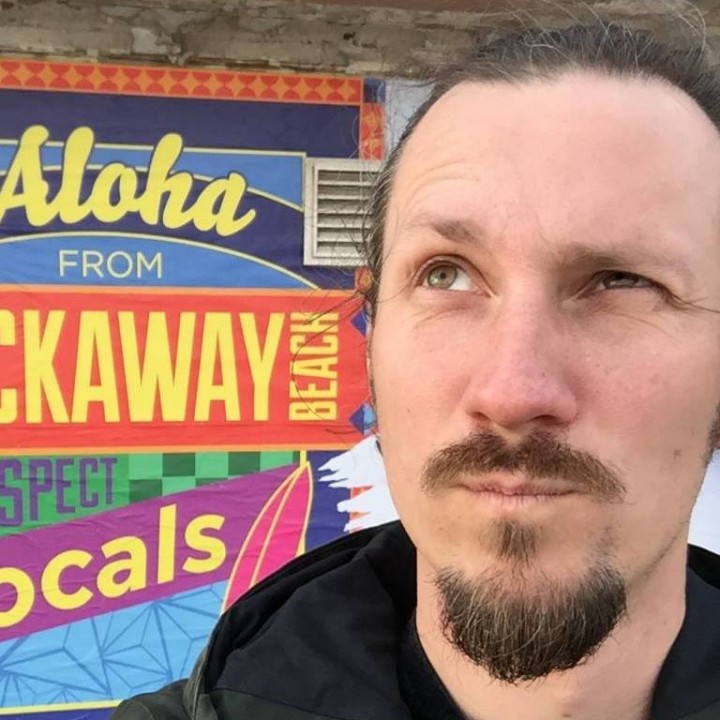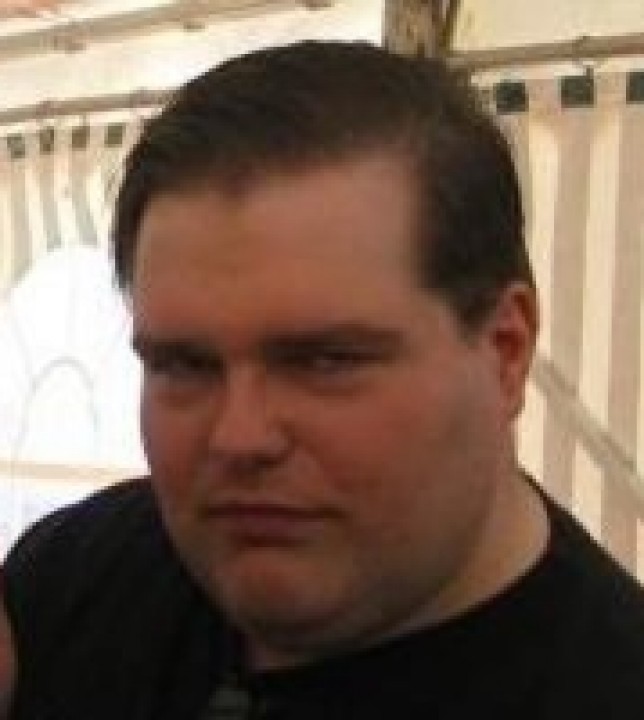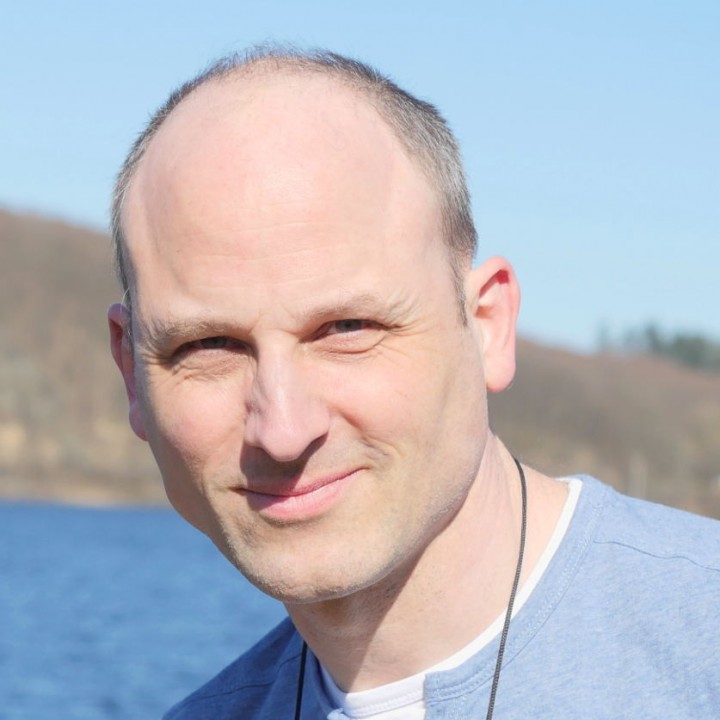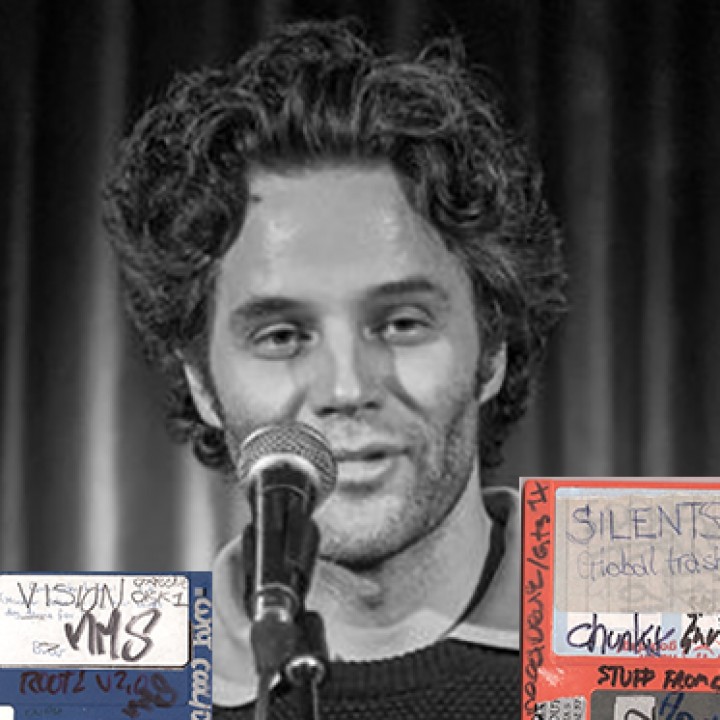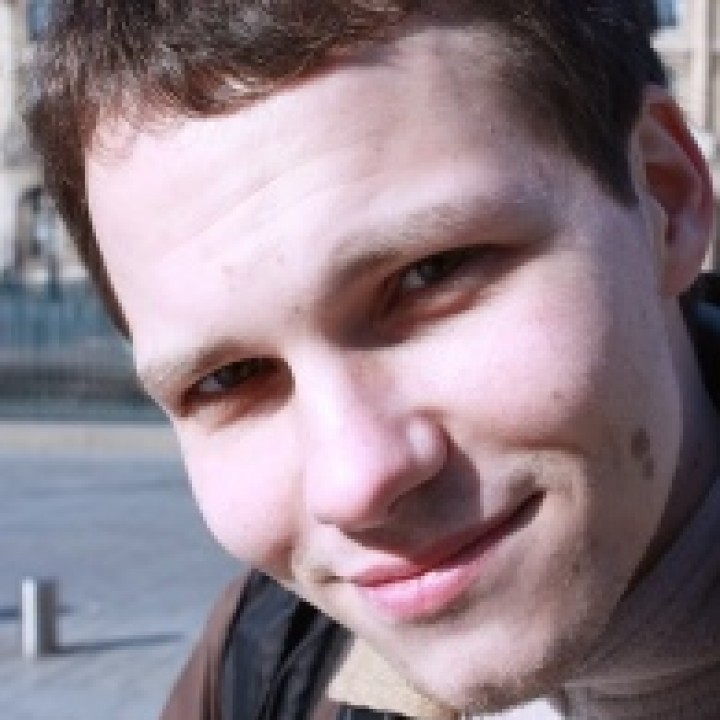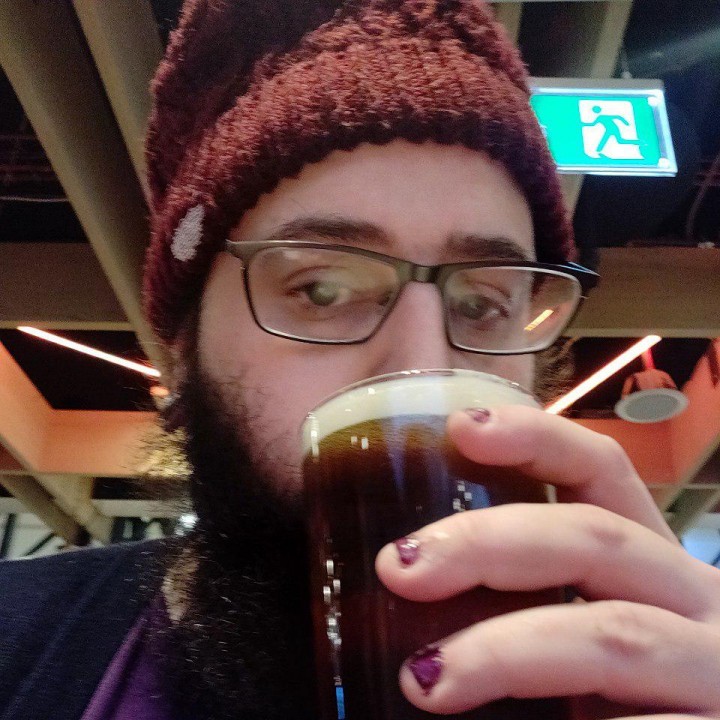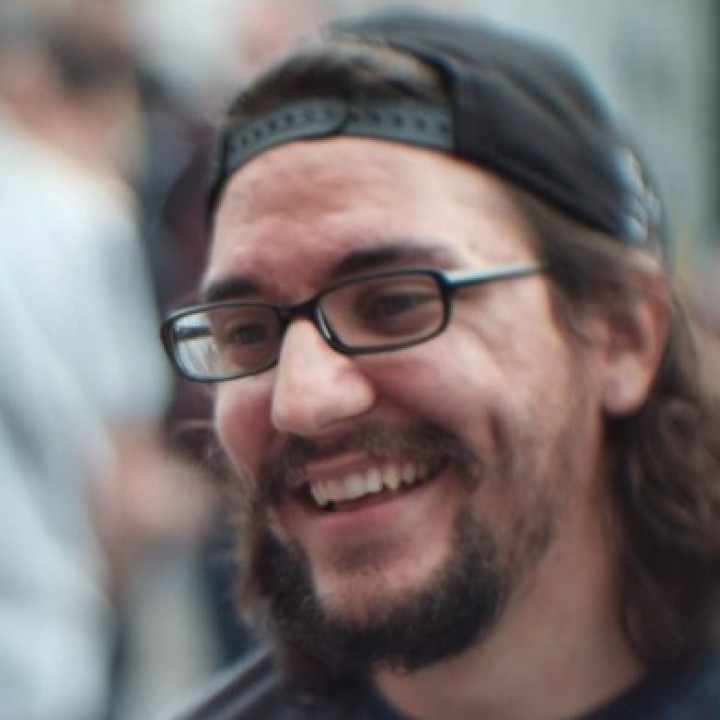Seminars
GDPR: Gold Standard or Disaster of the Century?
netpoet
Almost two years into its application, May 2020 is the time to review a law that is firmly applauded by some, heavily criticised by others, understood by few, and cursed by many. Following up on Netpoet's Revision seminar about WTFs in the GDPR from 2019, we're looking at how the GDPR has been received, what areas the EU Commission has identified for needs of alteration, how ready it is for the future, and what could be done to fix the situation.
Watch it on YouTube.
Why a yet another Digital-Audio-Workstation software project?
BeRo
Audience: Musicians and (gfx-)coders
BeRo's new project is an extreme modular Digital-Audio-Workstation software, which does a lot of things differently than regular DAWs on the current market. This talk explains why this one DAW exists and what makes this one small DAW different from others, and how the implementation architecture of it is (also in the GPU-based UI-rendering technically way). As a special treat: It also includes diphone-based singing vocal synthesis with a corresponding pianoroll-based lyrics editor, where the complete Object-Pascal-native realtime diphone-based singing capable speech synhesizer can use the voice diphone databases from the MBROLA project.
Watch it on YouTube.
demoscene for UNESCO world heritage
melkor/haujobb
Melkor updates you on the current status of the UNESCO initiative to enlist the demoscene as first digital culture on the list of intangible world cultural heritage.
The seminar is intended as a meet-up and gathering spot for people interested to support. As we have now Finland, Germany and Switzerland in action we need your help to create more applications in your home countries. This will make it possible to reach the final aim of being regarded as first digital, truly international (sub)culture on the lists of UNESCO world cultural
heritage. Be it as individuals or demoscene groups, join us for a lively 2020 of #artofcoding!
Watch it on YouTube.
More Beers From Brussels, because you know you want it
FRaNKy
Audience: beer enthusiasts
A few years ago we went thru the layout and beers of Brussels in an attempt to explain life, past, future, the universe and the Atomium. While we did make good progress and put in a tremendous effort in clarifying the world of the 19 cities that is 1 in a single seminar. There is more. Much more... And therefor we have a second Beer Seminar dedicated to Brussels... The capital of Belgium, The capital of Europe, Seat of NATO and yes - still the home of Manneken Pis.
Watch it on YouTube.
Designing a better Amiga power supply Audience: Amiga users and hardware upgraders
Jens Schönfeld
Audience: Amiga users and hardware upgraders
Our beloved Amigas are either close to, or have already crossed the 30-year boundary. They still work for most of us, but there's a statistically-significant failure rate that has been observed at iComp in the past few years. This seminar is taking a closer look at the original PSUs, other solution approaches and the all-common weakness, which may be a surprise to most of you. The second part will be a bit on the technical side, but still easy enough to understand if you can stand a little bit of basic mathematics and physics. It is promised not to nerd out on complex equations, and you'll see that it's not all that complicated if you take each building block one by one. However, the seminar will show that power supply design is an art of its own.
Watch it on YouTube.
Demoscene Preservation Society - Copy That Floppy!
Curt Cool/Depth ^ Nah-Kolor - AMP & Bitworld editor
Audience: All demosceners with interest in collecting old and/or rare demoscene productions
The demoscene is, by now, a senior subculture - many of us aren't kids anymore, in fact, rather, we have kids. Collecting demoscene productions has always been an interest of many sceners, and surely many even joined the scene back in the day moving on from collecting games. Given the state of ancient digital media used on retro computers like Commodore 64 and Amiga, many old productions and information from and about the history of the demoscene are about to be lost, and it is mainly us, the sceners, who can change this. This is also one of the reasons why a group of sceners and enthusiasts are applying to get the demoscene onto UNESCOS list of intangible cultural heritage. This entertaining little lecture will provide an insight into the efforts made to coordinate the preservation, archiving and catalogization of old and new demoscene productions - and provide you with guidance on how to archive disks yourself, where to send your disk images and data and how you can join and help the preservation effort. PS.: An anecdote or two from the demoscene and swapping disks in the 90's might be thrown in to keep things lively.
Watch it on YouTube.
How can we regain Digital Sovereignty?
kudrix
Audience: Anyone in our digital culture caring about a sovereign digital life
Let's face the fact: We are no longer in full control of our digital lives. We have unwillingly accepted that we are exploited by surveillance capitalists and we can never know for sure if our devices are working more for or against us. In this seminar, kudrix presents 2 ways out with projects he is involved in:
- Self-Sovereign Identity (SSI):
Introduced to the demoscene in a 2018 Revision seminar, much has happened in the meantime. Many now see that a digital identity they control for themselves is possible. Projects throughout the world are already bringing SSI technology into productive use cases. We learn what they are doing and how they are doing it. - Secure Platform:
Tech stacks are usually complex constructs with many interwoven layers. Even experts can't adequately state if a system is containing vulnerabilities and back doors. Those can be also in the hardware. Together with a group of security experts, a concept for a secure platform is currently detailed out. It takes even supply chain security, secure chip manufacturing and reconfigurable hardware into account! Learn what's going on there. Feedback and discussion strongly encouraged!
Feedback and discussion strongly encouraged!
Watch it on YouTube.
Repair cafe - how to reanimate your dead hardware
cyrusdreams
Audience: You are interested in hardware fixing, such as power adapters, legacy computer recaping as well as what to do with your old broken harddisk
You are interested in fixing your hardware, such as slack joints? Leaky batteries, failing capacitors in vintage hardware, as well as what to do with your old broken harddisk? There are numerous cases of magic smoke, some are by design, some are by the age of vintage hardware, and some were introduced by changing the European standard AC voltage in the 90s. So this seminar and is about common defects of hardware and how to detect them. You are about to see whether it is feasible to fix it, how to possibly fix it, and when it might be better to let go.
If you are interested in a kind of repair cafe, where you bring your hardware and we try to fix it on demand, please send your email to hotline-2020@revision-party.net with subject "Workshop". Please include a short description of your issue so we can prepare or tell you what you should bring along.
Watch it on YouTube.
Implementing a Physically Based Shading model without locking yourself in
Zavie/Ctrl-Alt-Test
Audience: Programmers interested in rendering
How do you implement a Physically Based Shading for your demos yet keep the possibility to try something completely different without having to rewrite everything?
In this talk we will first get an intuitive understanding of what makes matter look the way it looks, with as much detail as we can given the time we have. We will then see how this is modeled by a BRDF (Bidirectional Reflectance Distribution Function) and review some of the available models. We will also see what makes it challenging for design and for real-time implementation. Finally we will discuss a possible implementation that allows to experiment with different models, can work in a variety of cases, and remains compatible with size coding constraints.
Watch it on YouTube.
A talk and tasting about Cider from all over the UK
reality404
Audience: Cider drinkers and people that don't mind trying something new
Be prepared to try lots of unusual cider and have what you know about cider turned upside down. If you have come to one of my seminars before you know what to expect. Be warned this seminar is not for the faint hearted.
Watch it on YouTube.
Modern 64k intro compression
ferris/logicoma
Squishy is a new 64k intro compressor used by top groups in 7 productions at revision 2019, 3 of them meteorik-nominated 64k intros, and it has recently been released in the wild. This talk start by an intro to 64k intros and executable compression, and will continue with a deep-dive into squishy's internals, what makes it special, and some tips on how you can start making your own executable compressors.
Watch it on YouTube.



